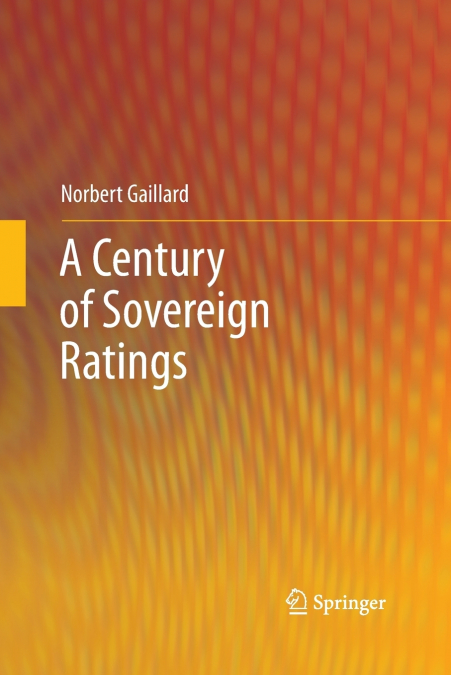
Norbert Gaillard
The financial difficulties experienced by Greece since 2009 serve as a reminder that countries (i.e., sovereigns) may default on their debt. Many observers considered the financial turmoil was behind us because major advanced countries had adopted stimulus packages to prevent banks from going bankrupt. However, there are rising doubts about the creditworthiness of several advanced countries that participated in the bailouts. In this uncertain context, it is particularly crucial to be knowledgeable about sovereign ratings. This book provides the necessary broad overview, which will be of interest to both economists and investors alike.Chapter 1 presents the main issues that are addressed in this book. Chapters 2, 3, and 4 provide the key notions to understand sovereign ratings. Chapter 2 presents an overview of sovereign rating activity since the first such ratings were assigned in 1918. Chapter 3 analyzes the meaning of sovereign ratings and the significance of rating scales; it also describes the refinement of credit rating policies and tools. Chapter 4 focuses on the sovereign rating process. Chapters 5 and 6 open the black box of sovereign ratings. Chapter 5 compares sovereign rating methodologies in the interwar years with those in the modern era. After examining how rating agencies have amended their methodologies since the 1990s, Chapter 6 scrutinizes rating disagreements between credit rating agencies (CRAs). Chapters 7 and 8 measure the performances of sovereign ratings by computing default rates and accuracy ratios: Chapter 7 looks at the interwar years and Chapter 8 at the modern era. The two chapters assess which CRA assigns the most accurate ratings during the respective periods. Chapters 9 and 10 compare the perception of sovereign risk by the CRAs and market participants. Chapter 9 focuses on the relation between JP Morgan Emerging Markets Bond Index Global spreads and emerging countries’ sovereign ratings for the period 1993-2007. Chapter 10 compares the eurozone members’ sovereign ratings with Credit Default Swap-Implied Ratings (CDS-IRs) during the Greek debt crisis of November 2009-May 2010.